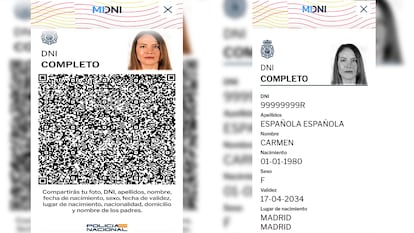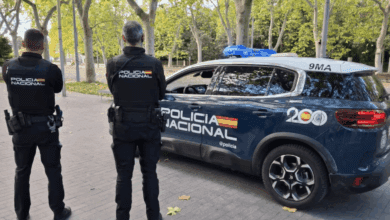
Spain takes another step towards digitalization: now, an electronic version of a national ID is sufficient to participate in elections. The decision was made at the state level, and in the upcoming elections in Castilla y León, voters will be able to use this option.
The authorities have approved the digital DNI as an official form of identification at polling stations. This document features the holder’s photograph and is issued by the state, allowing it to be used on par with the traditional plastic card. Information about the new procedure will soon be included in instructions for polling station staff.
The introduction of the digital ID began after a request from the head of internal policy. The Ministry of the Interior clarified that the innovation will first be tested in regional elections and then rolled out nationwide. The electronic document can be downloaded to a smartphone via the MiDNI app, and its use is optional; there is no need to forgo the physical card.
For now, the digital DNI cannot be used for crossing borders or for identification outside Spain. It also does not allow for online identity verification or electronic document signing. However, by 2026, its functionality is expected to expand to become a full-fledged replacement for the paper version in the digital environment.
The application uses QR codes that are valid for only one minute. When scanned, it does not display a copy of the traditional ID, but instead shows a special card containing the necessary information. The built-in verification system allows users to confirm the authenticity of the data. Starting April 2, 2026, all public and private entities will be required to accept the digital DNI for citizen identification.
For now, the electronic document will be useful for in-person visits to institutions, data verification with officials, and other offline procedures. In the future, there are plans to integrate it into digital services, making it easier for all residents of the country to access government services.












